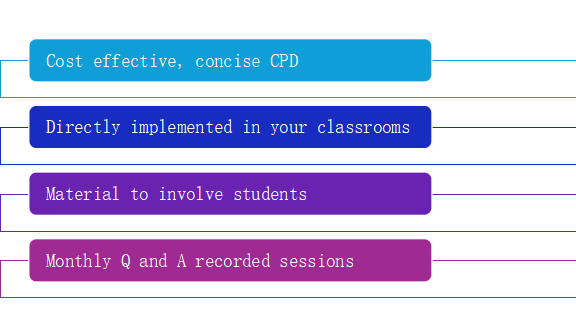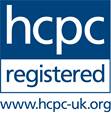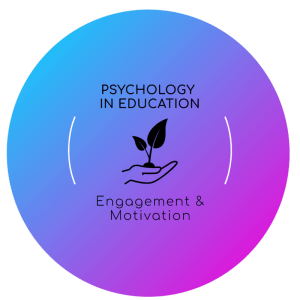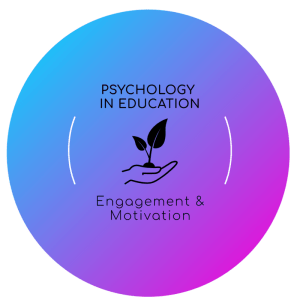Free Guide & Checklist
Boost Motivation with Metacognition
Show your learners HOW they CAN Learn How To Learn
Give them HOPE that they can learn
Tell us where to send your FREE Guide
Teaching Your Students Powerful Metacognition Skills Can
Increase Engagement And Free Up More Of Your Time
This free checklist is a step by step guide that YOU can put to immediate use and start implementing in your classroom tomorrow morning.
The questions will fit in with your existing teaching with very little effort.
It will help you and your students to reflect on the learning strategies they have or discover that they may need others.
Your Checklist also has some reflective exercises for you as adults to consider your own level of metacognitive awareness that you can do on your own but even better in your team.
Did You Know That.........?
Metacognition skills & strategies not only benefit students but also teachers, TA's and parents.
Metacognition works across all subjects
There are general principles involved but each and every subject benefits from specific metacognitive questions.
Metacognition works across all age groups and abilities
Even pre-school children can benefit from a metacognitive approach and it is particularly helpful for children with neurodivergent profiles and disadvantaged students
Why should you bother to download this checklist when you've got so many things to do?
Metacognition can help students to realise that they have control and it will propel your students on to the first step to become Self Regulated Independent Learners, the "holy grail" of teaching and learning.
Metacognition is part and parcel of effective scaffolding strategies and it has an impressive research base in terms of raising attainment and increasing motivation and engagement. It has even been found to compensate for lower cognitive abilities when used correctly.
This free checklist is a step by step guide that YOU can put to immediate use and start implementing in your classroom tomorrow morning.
The questions will fit in with your existing teaching with very little effort.
It will help you and your students to reflect on the learning strategies they have or discover that they may need others.
Your Checklist also has some reflective exercises for you as adults to consider your own level of metacognitive awareness that you can do on your own but even better in your team.

Meet Jeanette

I have worked as an Educational Psychologist since the mid 1990s in many different settings with children and young people of all ages.
What has kept my interest going has been how to engage the learners and how to make the students truly a part of the learning equation.
Learning is not something that is done to them but something that they can, to a certain extent, influence and affect. Many young people are not fully aware of what it takes to learn something and get too fixed on ability; they’re either 'clever' or 'stupid' and all too often feel the latter and there is therefore very little point in trying to learn anything.
Psychology in Education or PiE was set up with that thought in the background and the aims of helping teachers, support staff and parents to facilitate learning and show young people of all ages and abilities, that they CAN learn, there is HOPE of success and that there are SPECIFIC STEPS they can take to learn effectively.
As we know that no two schools are alike and not all students the same, we will provide answers to your questions, if not directly, through regular recorded sessions that we will email out to you. We really want to connect directly with you and hear any feedback you may have.
To that end, at Pie we provide:
- Effective CPD that is concise, quick to use, cost effective and available at any time to all that may benefit from it in the school, removing the need for ‘cascading’ through a one off training session for one staff member.
- Information that can be implemented directly into the classroom through your staff teams and reflective exercises and tasks to do straight away to help adults provide effective scaffolding for learning.
- Material that will help you teach the principles to your students so they too can become an active participant in the process.






